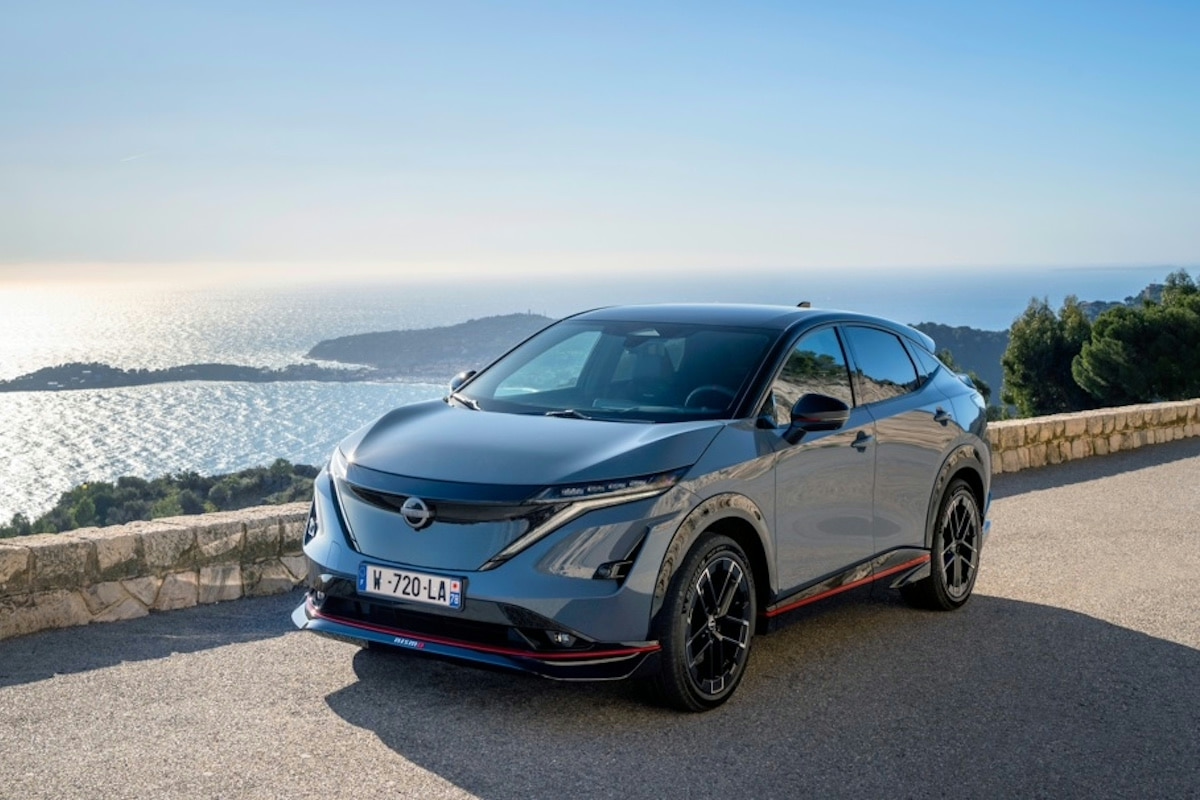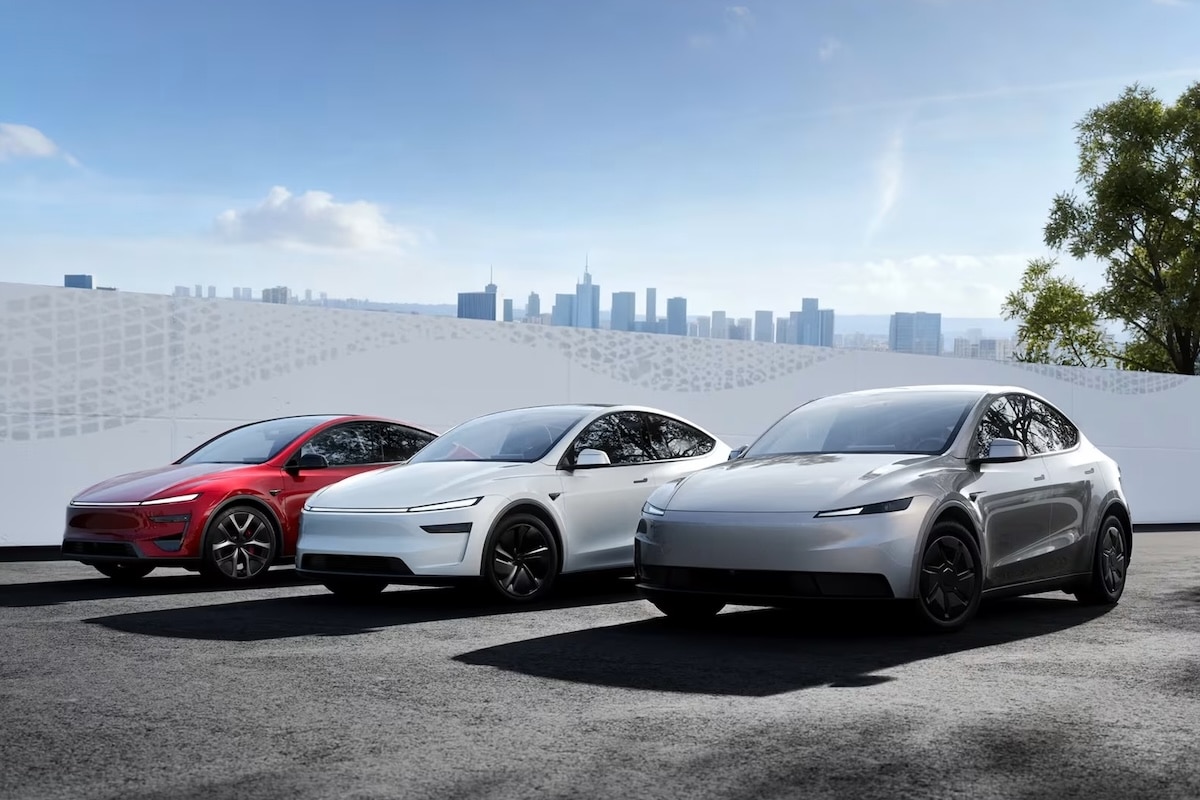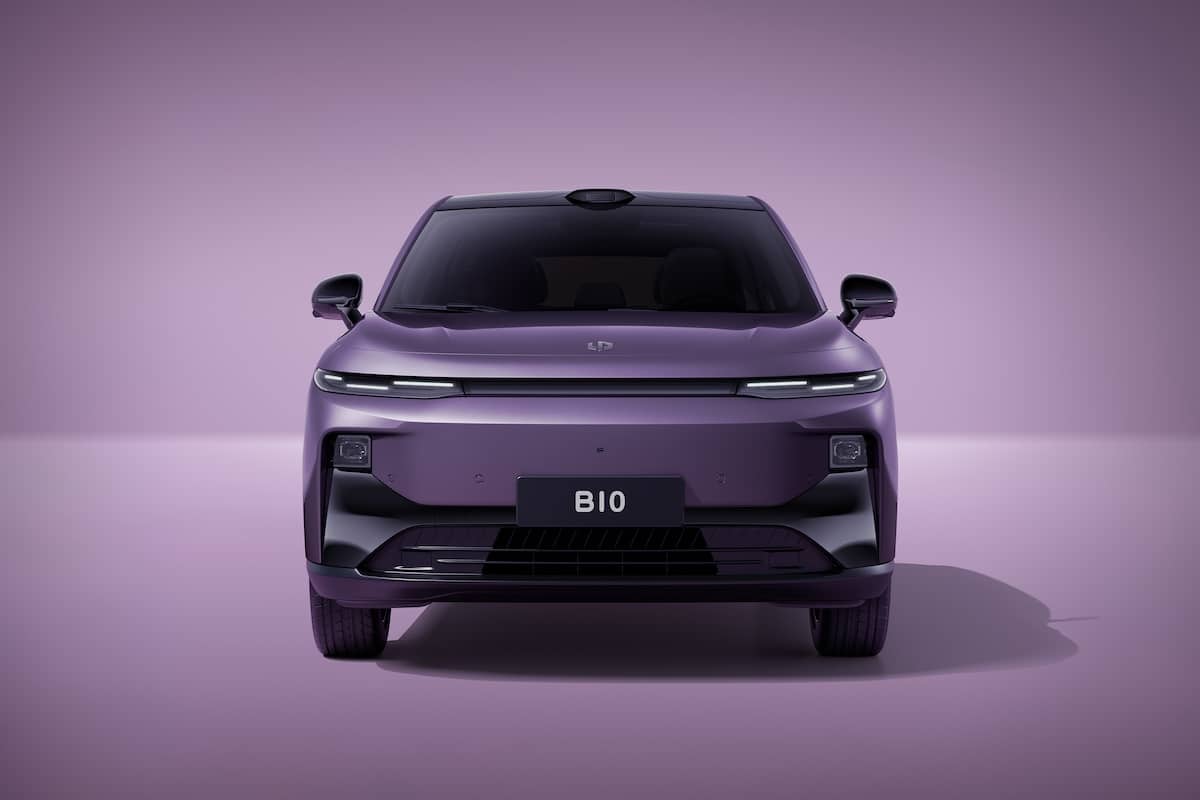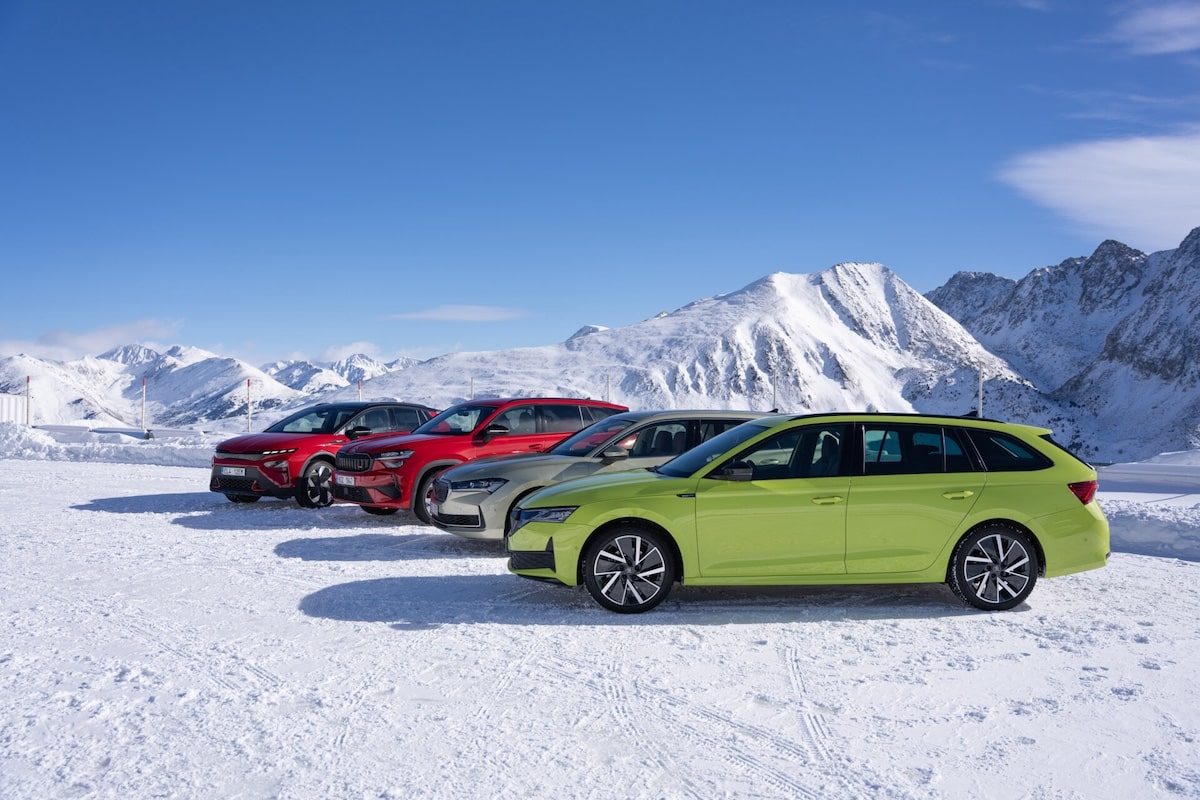Even Japanese cars qualify for the CEE bonus!

What to think when a Japanese manufacturer like Nissan offers a European CEE bonus across its entire electric vehicle lineup?
While Donald Trump strives, through his wild tariffs, to protect the American industry, Europe seems to be taking the opposite approach, offering CEE bonuses and generous subsidies funded by the Union to favor foreign automakers. Nissan France’s recent initiative to deploy the CEE (Energy Savings Certificates) scheme for its electric vehicles perfectly illustrates this inconsistency.
Established in 2005, the CEE scheme requires energy suppliers to fund actions supporting the energy transition. Expanded to automobiles in early 2025, this mechanism aims to encourage individuals, businesses, and communities to adopt electric vehicles. Nissan, in collaboration with CertiNergy & Solutions (Engie group), handles the procedures for its customers. CEE aid can be combined with the eco bonus and is accessible to everyone, regardless of income.

On paper, encouraging the energy transition is commendable. But in practice, these aids have perverse effects: they absolve consumers of responsibility and promote opportunistic choices, often at the expense of local economies. Take Nissan as an example, which plays along with production in Europe but remains a foreign brand. These schemes support more the interests of multinational groups than those of European companies or small and medium-sized enterprises.
Why do these aids pose a problem?
Additionally, the proliferation of bonuses and incentives distorts economic signals. Consumers, attracted by these artificial benefits, lose sight of the real value of products and the imperatives of responsible budgeting. In the long run, these incentives weaken markets and burden public finances.
Instead of blindly subsidizing, wouldn’t it be time to redirect these mechanisms to support local and sustainable initiatives? Without a profound reassessment, Europe risks getting stuck in a shaky energy transition where neither citizens nor national economies benefit.
ALSO READ: The CEE, a new €310 bonus when switching to an electric car
This page is translated from the original post "Même les voitures japonaises bénéficient de la prime CEE !" in French.
We also suggestthese articles:
Also read






